Saturday night I took my bike down Folsom to Embarcadero, then down all the way past the Fisherman's Wharf crowd and out to Aquatic Park, then home via Polk to Van Ness with a stop for doughnut sampling at Bob's {I'm serious bout these doughnuts, man}. I meant to stop at Aquatic Park and walk out along the pier but it was blocked off for Flight Week. Some time ago I wrote a story and a pivotal scene ended up happening on that pier (only I didn't know it then, and the logistics of coordinating a story three thousand miles away that I didn't know was messy at best, but it was the only way to try to be here). It's a great place to see the city because you've got the tackiness of Ghirardelli Square at your back, Alcatraz Island lurking in the depths in front of you, and you can look toward the Golden Gate and open ocean beyond. I had some questions I needed to work out, and I needed to put myself in my characters' frame of mind for the stories that get edited once this carousel story is finished. Back to the chef cycle: the line cook, and the sous chef.
All of these pieces and the carousel too are so similar in sentiment. A professor I had once said that there are two plots for stories: A Stranger Comes To Town, and the other one whose name I forget. And all of these pieces are variations on that theme. Sometimes you meet someone so wonderful and you know that the sum of all you have isn't enough for that person but it's all you can give so you stand before them with your hands outstretched, knowing it's futile, knowing you have to. Because you are lovesick, or your mother is ill. Because you love another (you do, right?) but you are compelled. Because you are not enough alone. Because you want to believe in love. Because you are young. Because of her smile. His stutter, his red cheeks. The Stranger Comes To Town, and you are not so ill-prepared.
I needed to feel that painful emptiness and how the city melts around you as you move through it. How the water laps at the shore. How small it makes you feel. How you try to find messages in the street lamps and shards of conversation you overhear. Because at present there is no one that I can act so recklessly for.
I think for one I understand the line cook's story better now (though it is far from being good and will inevitably pose its own problems as I continue), and the carousel story will be easy to complete, but it's the sous chef's story that stumps me because its potential for betrayal is so total.
There is another short piece in the works about the inability to accept love when it's given.
These thoughts all beg another question: how do you know when it's right? How can you take it on faith that you will love something?
When I first found Claudia Fleming's cookbook in the library I loved it. I read it hushed and awed on the T, wanting to understand the ideas behind each choice, looking to decode its clues. I wouldn't return it to the library. I kept renewing it. When it had to go back, I'd wait and then check it out again. It was one of the last items I returned before I moved to Oakland and I'm pretty sure at the time it had late fines. But I only made one recipe from it during all that time. Having recently made a couple others I was confused and saddened when one resulted in an overly sweet confection. And I'm down with sweet things, but this was just wrong.
I don't *love* things frequently, least of all food, my own or anyone's. But I just missed my chance at the Saturday market to tell Mourad Lahlou how exquisitely perfect everything we ate at Aziza was, and how for two full days after every pause in conversation was a return to shared sighs. I made a list of the food I can say I've loved and it came down to six Bay Area chefs and three in Boston (three!) Recently I told someone I loved her food...or, rather I knew I'd love your food before I tasted any of it, and I do. How do you know when it's right when it's just an idea? How can you take it on faith? Why have I only had roast chicken that is PERFECT twice in my life?
And maybe that is what the story is missing. The faith that to heal the structure we first need to break it. Break it down. The guts to go all the way to the problem. Which is probably why I love that first piece so much {the one that takes place on the pier, in part}. It's a devastating scream from someone who has always been in utter control. It's the bid to keep the Stranger even as she's skipping town. It's the recognition that you are not enough, in all your failed grace, that you will not change, that your promises will not be kept.
Subscribe to:
Post Comments (Atom)
.jpg)










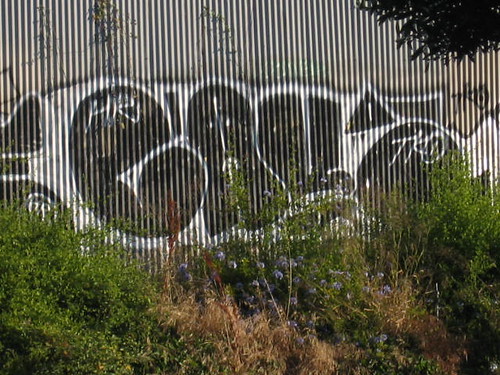
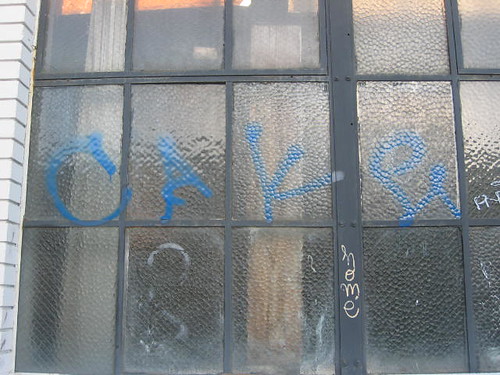
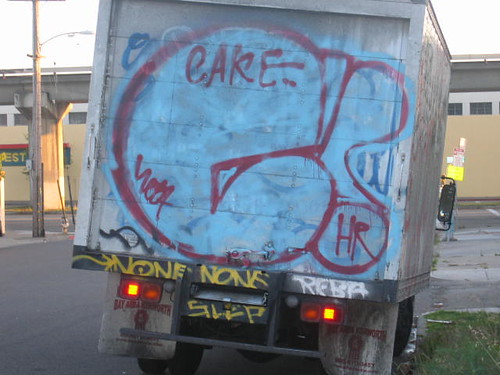

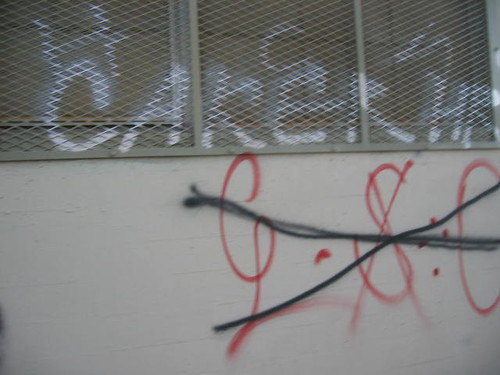
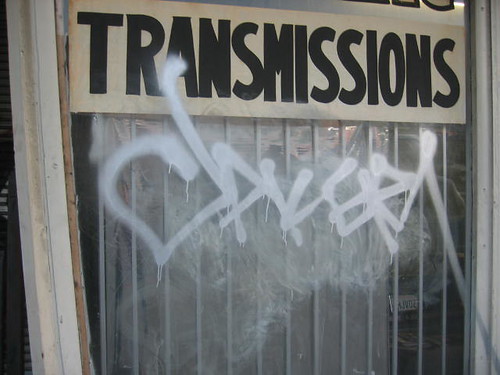

2 comments:
i think your answer is very simple. would you rather be happy or right? in the end the consequences that come at hand are a result of the answer you chose. i think you should be happy, thats where love will find you
me personally, i would rather be right, which is sometimes a problem. but these questions are the ones my work asks me, both the situations and the answers products of my fiction writing.
Post a Comment